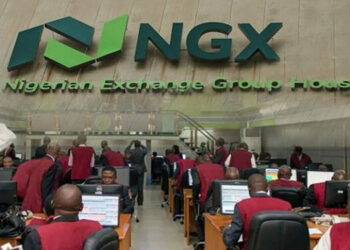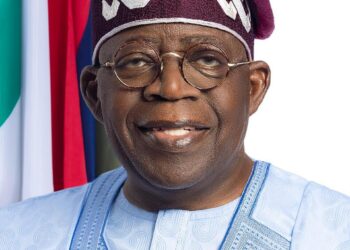Bearing profit margin prospects for investors in mind, the Nigeria Stock Exchange may prove to be among the most attractive international stock markets in 2020. This may reverse the dwindling fortunes of the NSE over the past few years.
Whereas inflation rates in major markets such as the United States and the European Union exceed interest rates, which negate positive returns on investment, the opposite is expected over the next year in Nigeria.
In Nigeria, the inflation rate is expected to average 11.3% in 2020, and the interest rate is expected to hover around 14.23%, constituting an interest rate differential of 2.6%. in the USA, the inflation rate is expected to average 1.8%, and the interest rate for the ten-year bond is forecast to be 1.74% aggregate constituting a negative return on investment of 0.06%. in the European Union, inflation is expected to hover around 1.50 in 2020. On the other hand, European Central Bank policymaker, Robert Holzmann said recently that the bank is unlikely to be in a position to lift interest rates back into positive territory in 2020, with Brexit likely to be a renewed source of concern.
Going by Holzmann’s projection, investors in the EU markets may be in for negative returns on investment to the tune of at least 1.50%.
Two major exceptions to a negative return on investment prospects are China and South Africa. China’s 2020 inflation rate is projected to average 1.90 in 2020, and the interest rate is predicted to hover around 4.25%, offering a positive differential of 2.35. South Africa’s 2020 inflation rate is expected to be 4.5%, and its interest rate is projected to be 6.5% in 2020, offering a projected return on investment of 2 rounds.
Nigeria’s lofty position of being among a few markets to have a projected positive return on investments does not follow without salient preconditions. Any exchange rate uncertainties may discourage investors. The same is likely with policy uncertainties. For example, it is not clear what direction the issue of border closure is moving in, neither has the full impact of the measure been determined in the short and long term.
Also, oil prices on the international market, as well as other macroeconomic variables may put pressure on the central bank to soft-pedal on its policy to defend the naira, which may discourage foreign direct investments.



